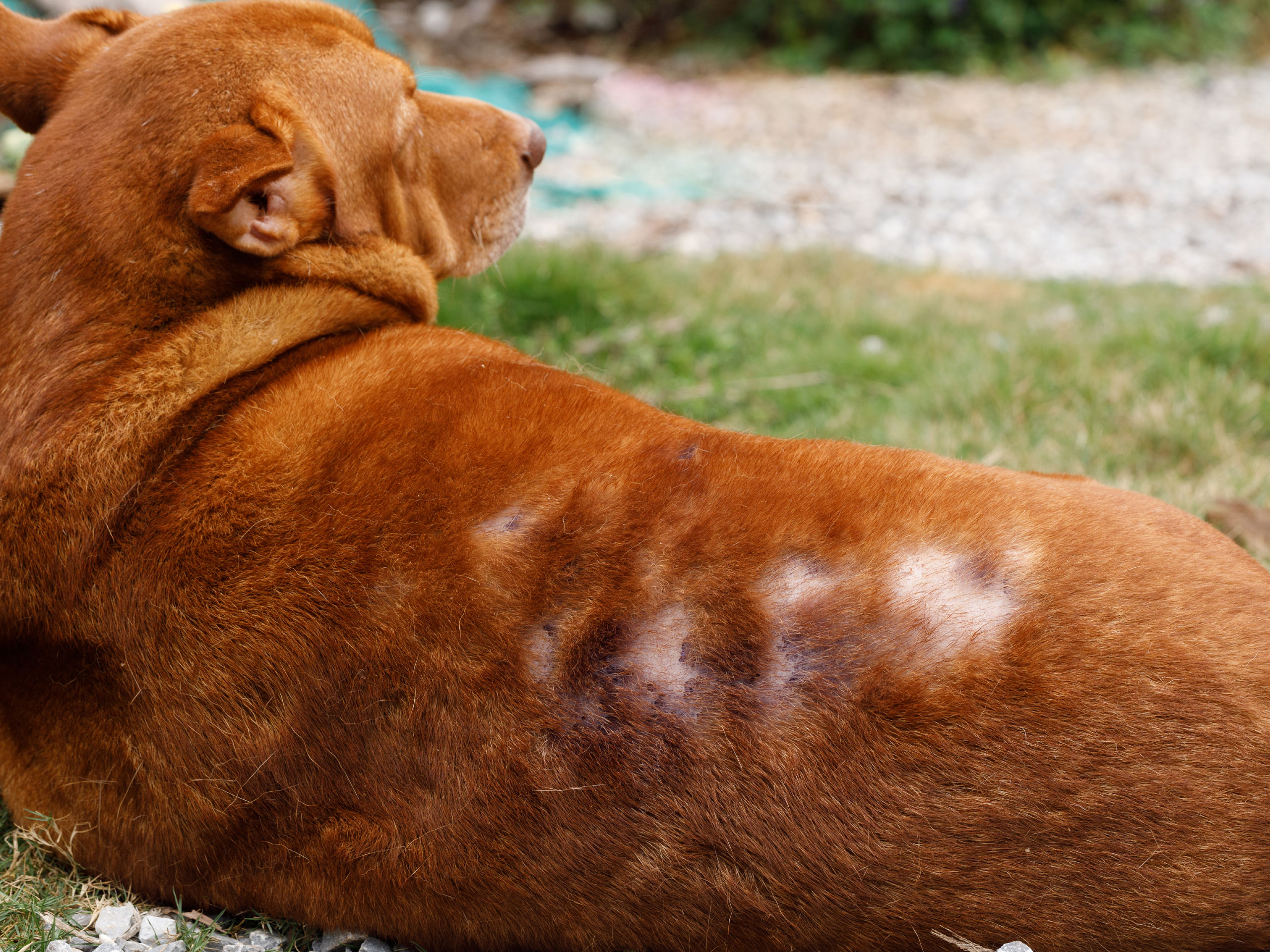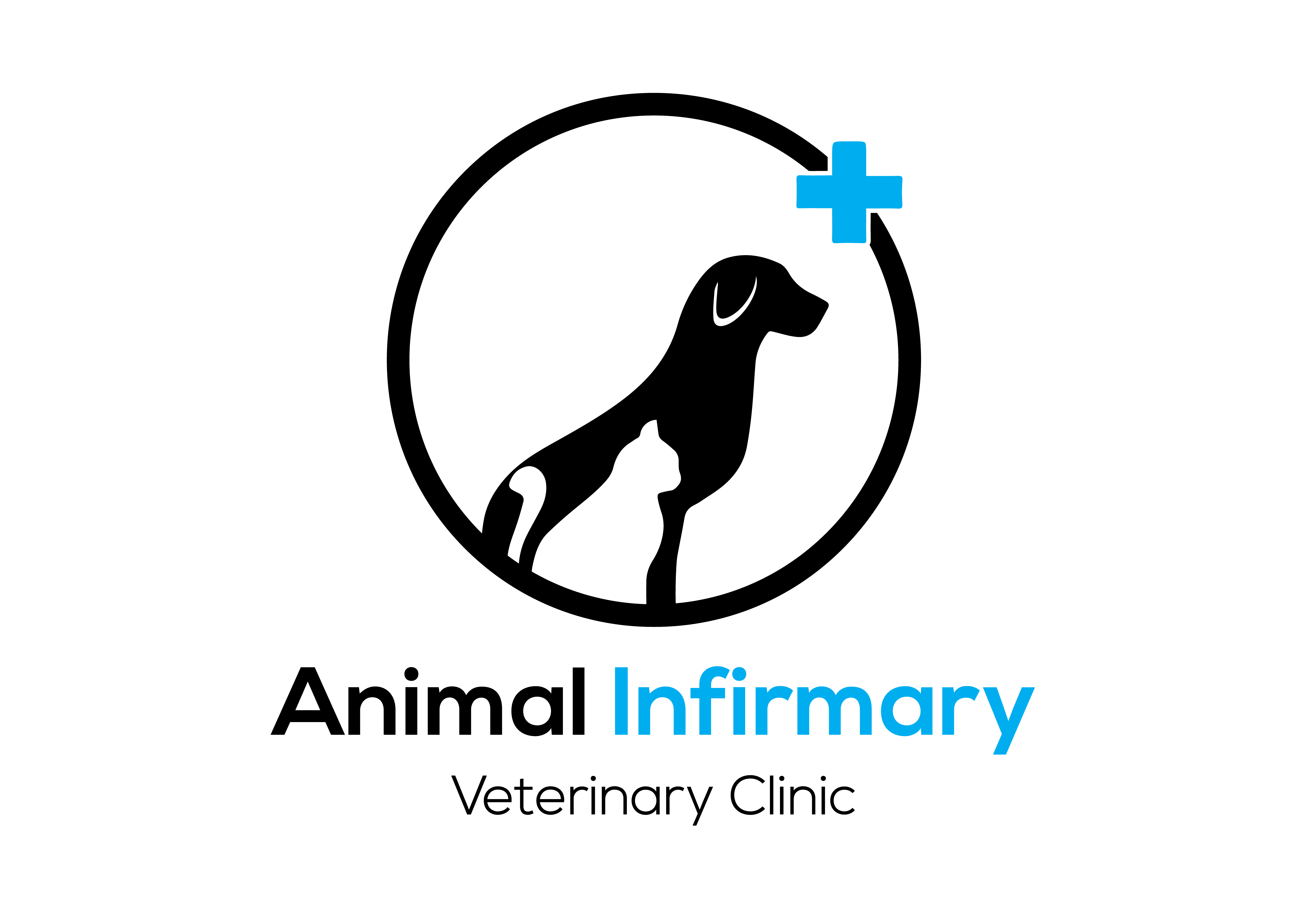Demodectic mange, also called “demodicosis,” is caused by a microscopic mite of the Demodex genus. Three species of Demodex mites have been identified in dogs: Demodex canis, Demodex gatoi, and Demodex injai. The most common mite of demodectic mange is Demodex canis. All dogs raised normally by their mothers possess this mite as mites are transferred from mother to pup via cuddling during the first few days of life. Most dogs live in harmony with their mites, never suffering any consequences from being parasitized. If, however, conditions change to upset the natural equilibrium (such as some kind of suppression of the dog’s immune system), the Demodex mites may “gain the upper hand.” The mites proliferate and can cause serious skin disease.

Symptoms
Demodectic mange may either be localized and affect specific areas of the body, or generalized, where it affects the entire body. If localized, symptoms are usually mild, with lesions occurring in patches, especially on the face, trunk, or legs. If generalized, symptoms will be more widespread and appear across the body. These symptoms include alopecia, a redness of the skin (erythema), and the appearance of scales and lesions.
Diagnosis
Skin scrapings are used to find and diagnose demodicosis in dogs. Plucking hairs may also help identify the mite responsible for the condition.
Treatment
The localized form is usually treated with topical medication. The generalized form requires more aggressive treatment using special shampoos and dips, along with oral medication. Shampooing with special cleansing shampoos containing benzoyl peroxide helps to flush out and open the hair follicles prior to dipping. In some cases, especially dogs with generalized demodectic mange, secondary skin infections complicate the condition, requiring antibiotic therapy.
The dip commonly used for demodectic mange contains an insecticide known as amitraz. Since it is an insecticide, extreme caution must be practiced while handling as overdosage could lead to harmful side effects.
Ivermectin is a broad spectrum anti-parasite medication with a number of uses though its use in treating demodicosis. Ivermectin is inexpensive and easy to give by mouth or as injection. Daily dosing is usually necessary and most patients achieve cure or at least control of their disease. A pet owner should never experiment with ivermectin doses on their own as there is some potential for lethal toxicity if this drug is not used appropriately.
